From the outside HMCS Winnipeg may look like the same Halifax-class frigate, but as the saying goes, looks can be deceiving. Following a mid-life upgrade, HMCS Winnipeg is now sporting a host of new systems making the multi-purpose frigate flagship ready.

To show off the ship’s refit, HMCS Winnipeg’s crew hosted a day sail yesterday which showed the frigate’s maneuvering capabilities, as well as its new command and harpoon missile systems, radar suite, tactical data links and countermeasures suites.
The multi-purpose frigates were commissioned between 1992 and 1997 and are touted as the Ferraris of the sea. It was in June 2007 that the Canadian government launched a project to upgrade or refit the 12 Halifax Class frigates.
WATCH: HMCS Winnipeg rammed by fishing trawler
But the day sail wasn’t reserved just to highlight the ship’s new technology, it was also an opportunity to get a very thin slice of the life of a Royal Canadian Navy sailor.
Heading into the bowels of the 150 metre-long ship that holds 235 sailors, it’s hard not to notice their efficient use of space, their small sleeping quarters, the lack of natural light, and the exercise equipment like stationary bikes and treadmills scattered anywhere they will fit.
Speaking to a handful of sailors, Lt. (Navy) Thomson, petty officer second class Good, and master seaman Beck, their ages and the reasons why they chose the navy are as varied as the time they’ve spent in the military. Whether it’s been 11 years or more than 20, they all say they’ve had an opportunity to see the world.
- After tragedy, Lapu Lapu victims were victims of ‘snooping’ at hospitals: report
- Rockslide closes Highway 93 between B.C. and Alberta until at least noon on Thursday
- $10-a-day daycare program paused in order to stabilize, B.C. government says
- B.C. Office of the Seniors Advocate addresses impact of 2026 provincial budget
But along with seeing different regions of the globe, some sailors who have been part of the military for more than two decades have noticed some overarching changes in themselves, the navy and, in some cases politically, since they began their careers.

Get breaking National news
READ MORE: Ex-soldiers protest Veterans Affairs office closures on Friday
One sailor mentioned the huge paradigm shift that happened in the navy when they began integrating women onto ships in the mid-1990s. It was also noted that the RCN has been making more trips to the Middle East over the years compared to a decade ago.
And then there’s the technology. HMCS Winnipeg houses the most up to date software systems on a Canadian ship, which came with a learning curve. But the sailors also say the advances made in technology around their ability to communicate with people back home while on deployment has improved significantly over the past decade.
For younger sailors away on a mission, it’s more the norm to be able to purchase a Skype account and talk with loved ones regularly. For the more seasoned sailors, it’s been a noticeable change to have access to people back home and keep connected, which can often make all the difference when you’re away at sea for months at a time.
And the HMCS has seen its fair share of deployments. Along with protecting Canada and enforcing laws on our territorial oceans prior to the refit, HMCS Winnipeg was deployed on missions throughout the Pacific, Indian Ocean and on anti-terrorism operations in the Persian Gulf and Arabian Sea. The frigate was also involved in counter-piracy operations off the coast of Somalia and escorted UN ships carrying relief supplies to East Africa.
Below is a photo compilation on board HMCS Winnipeg:

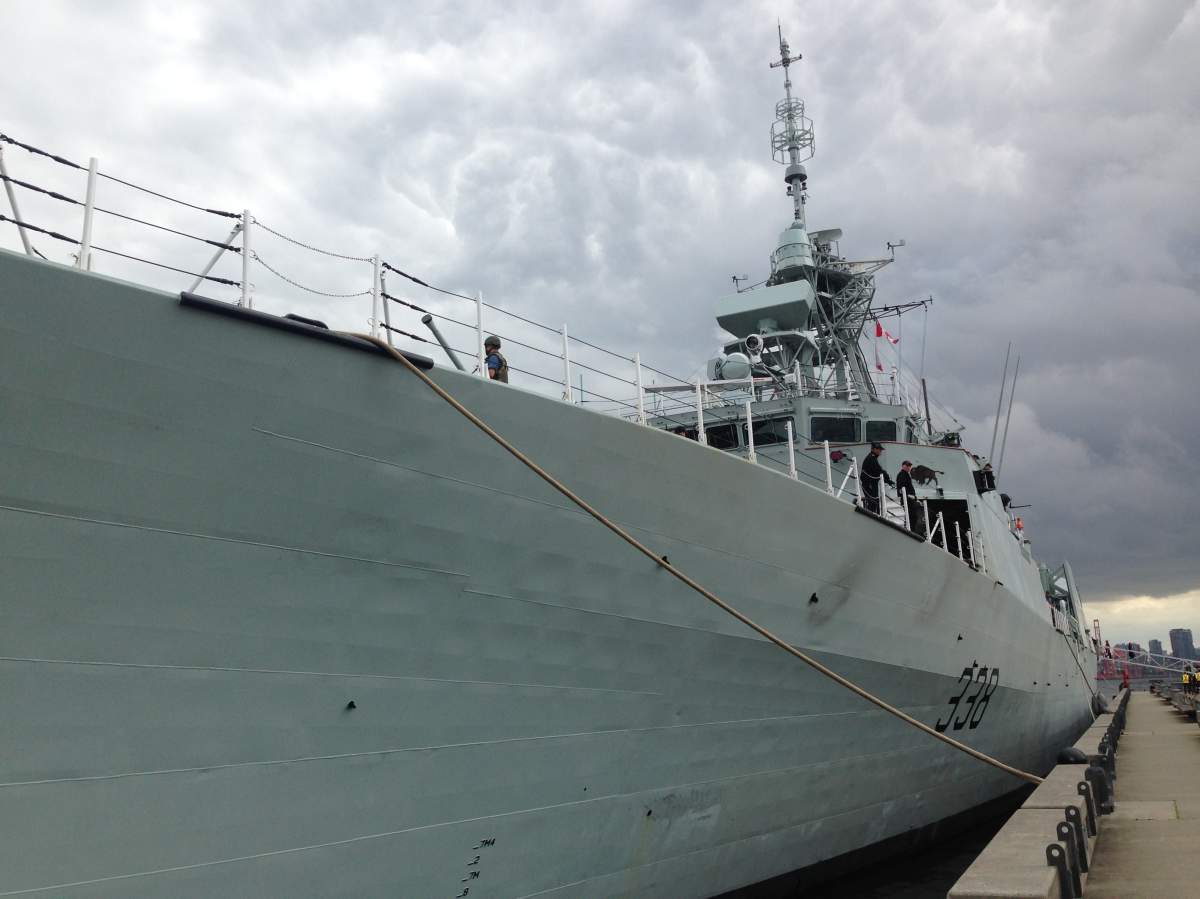









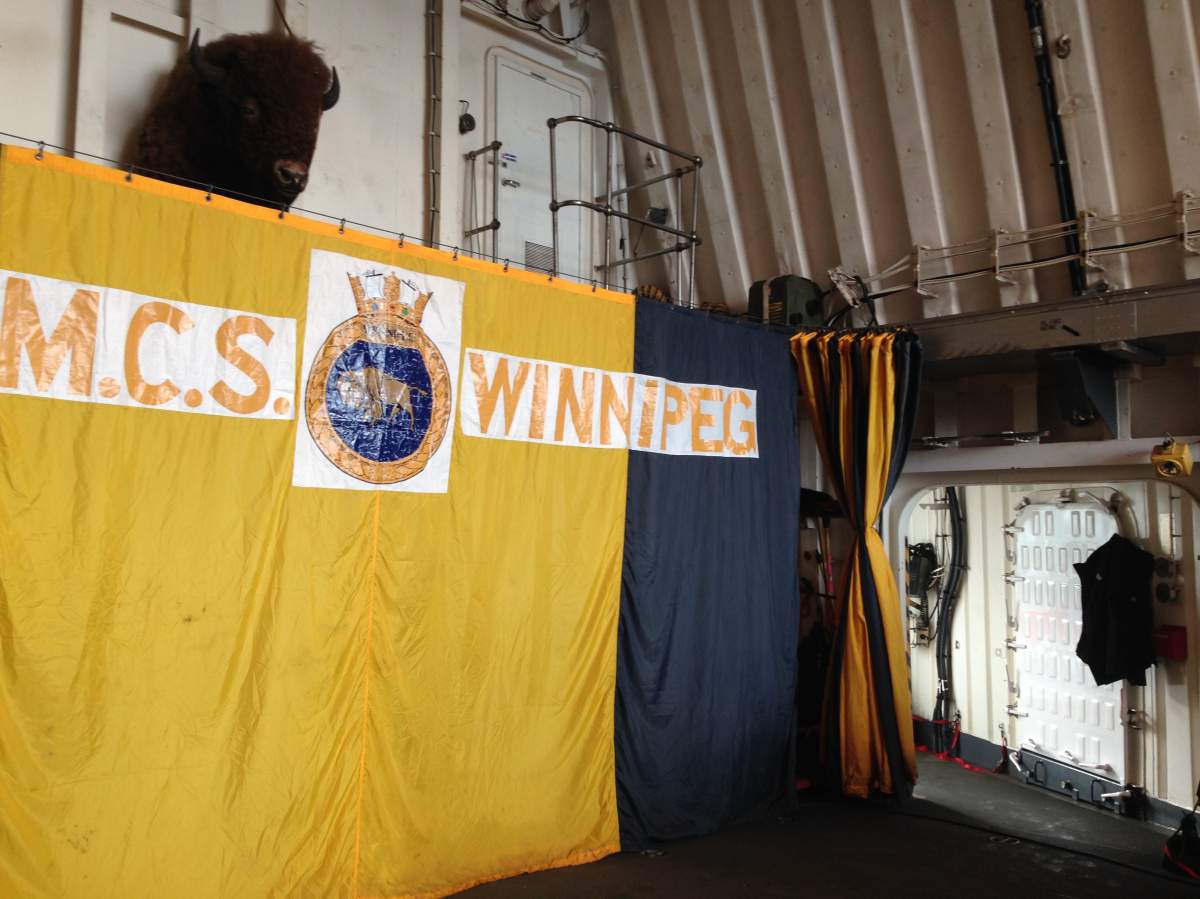

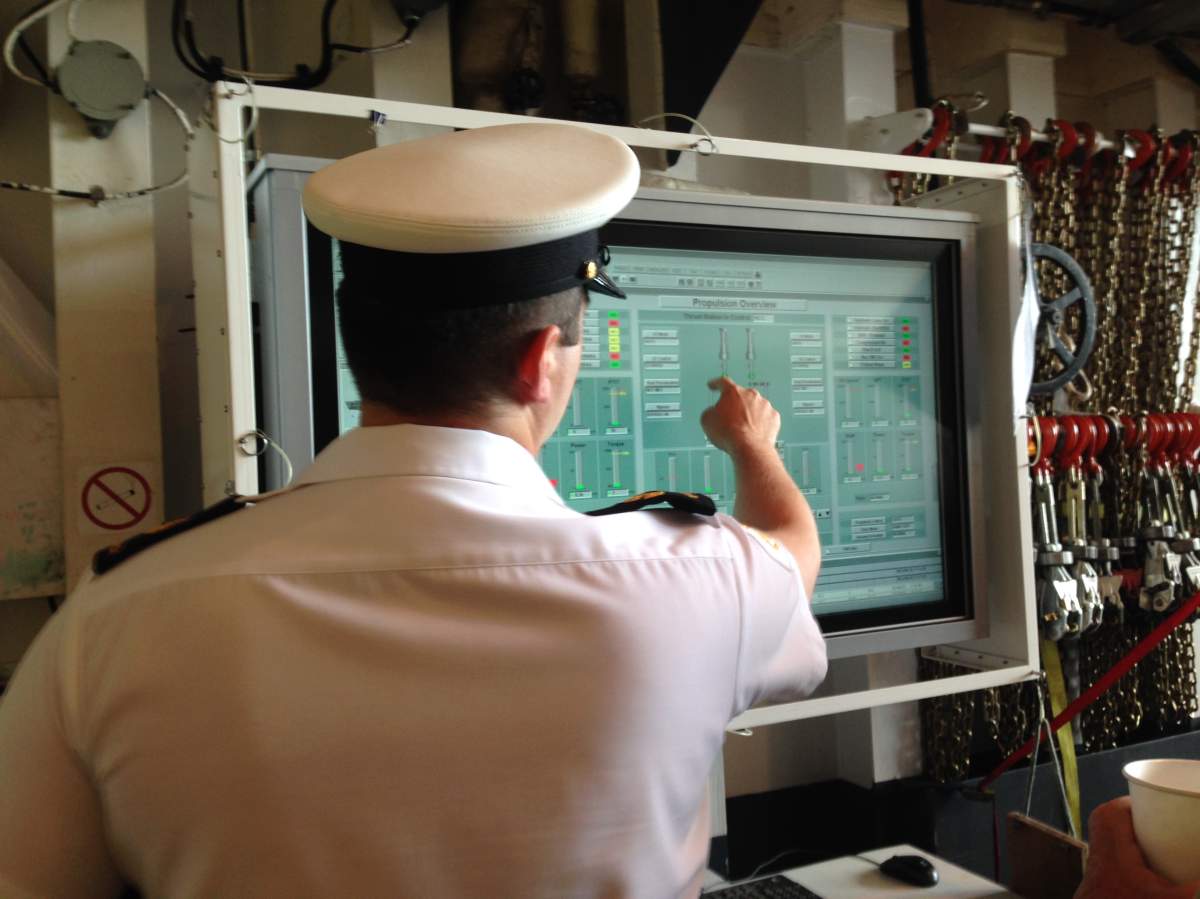

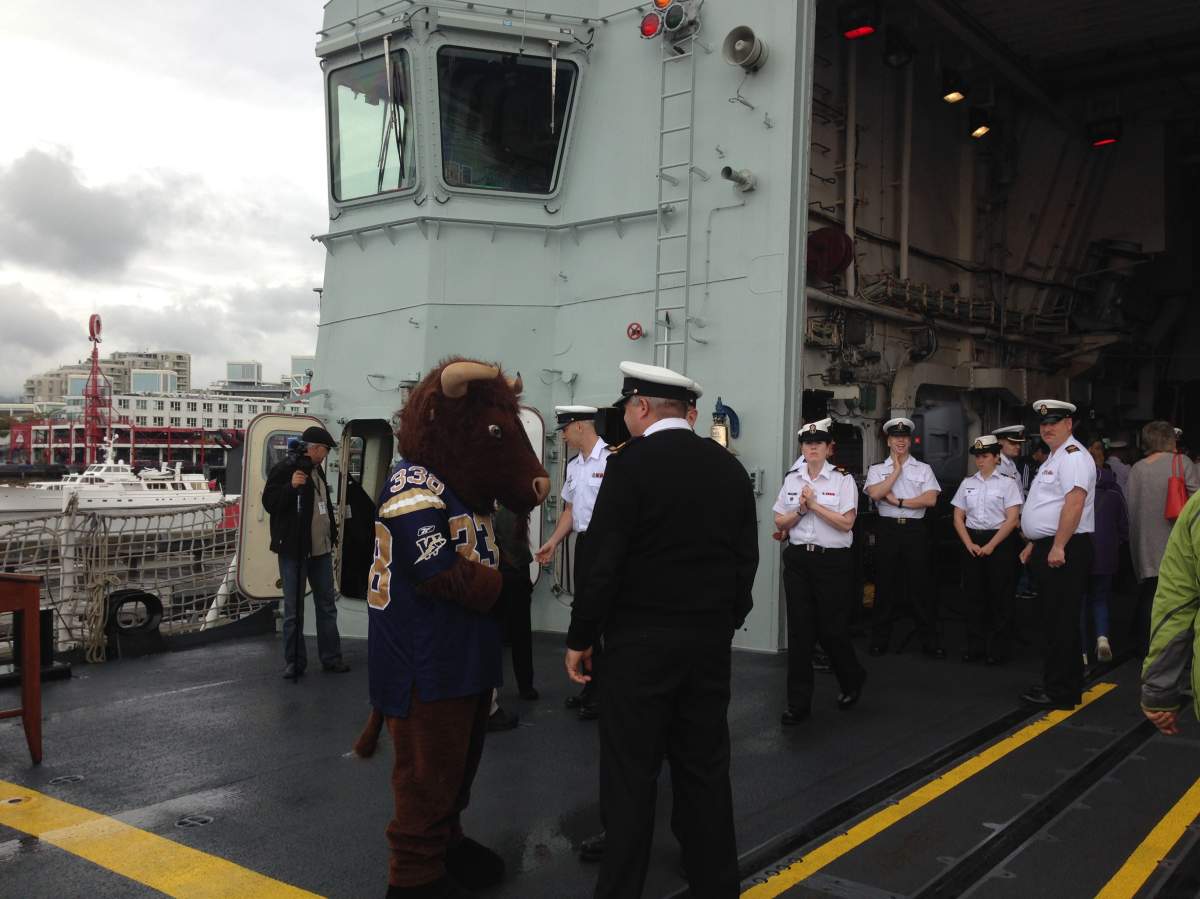

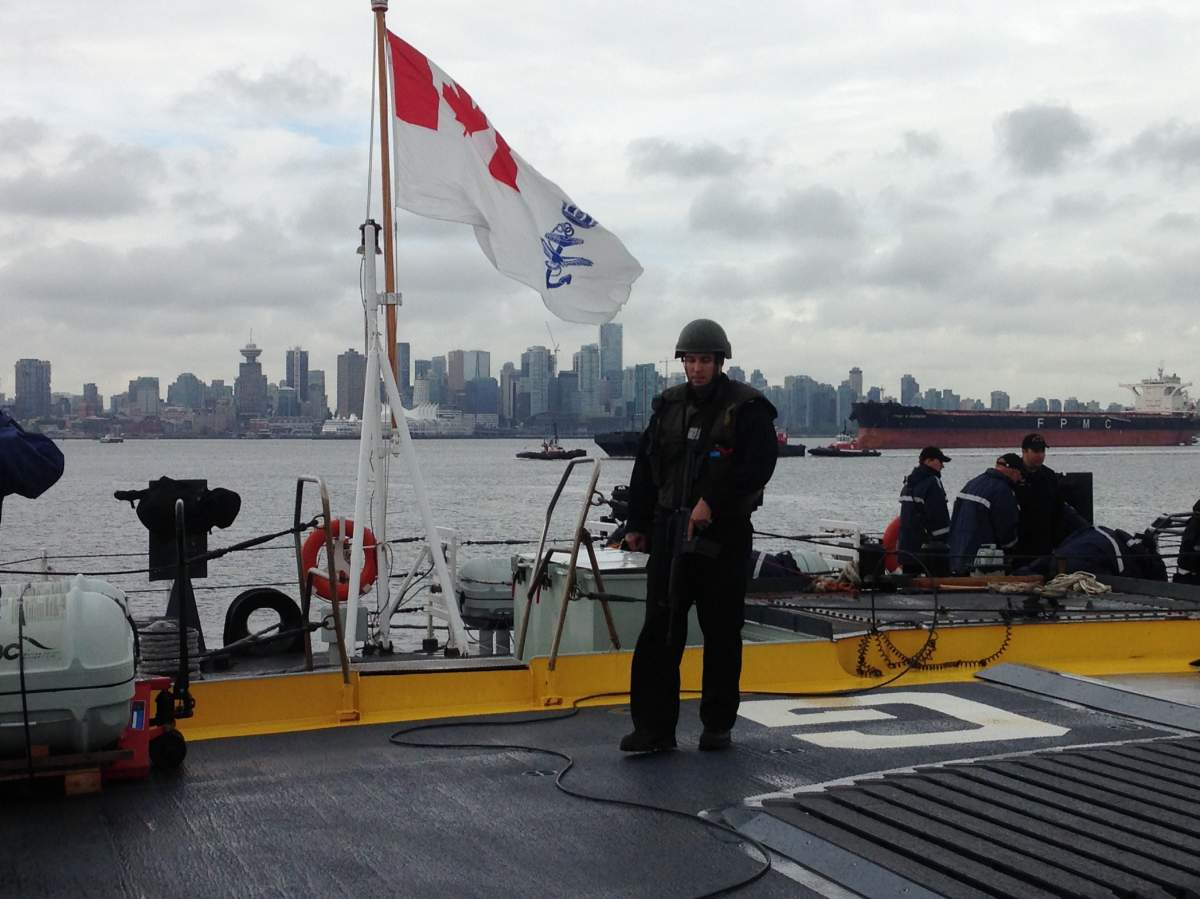

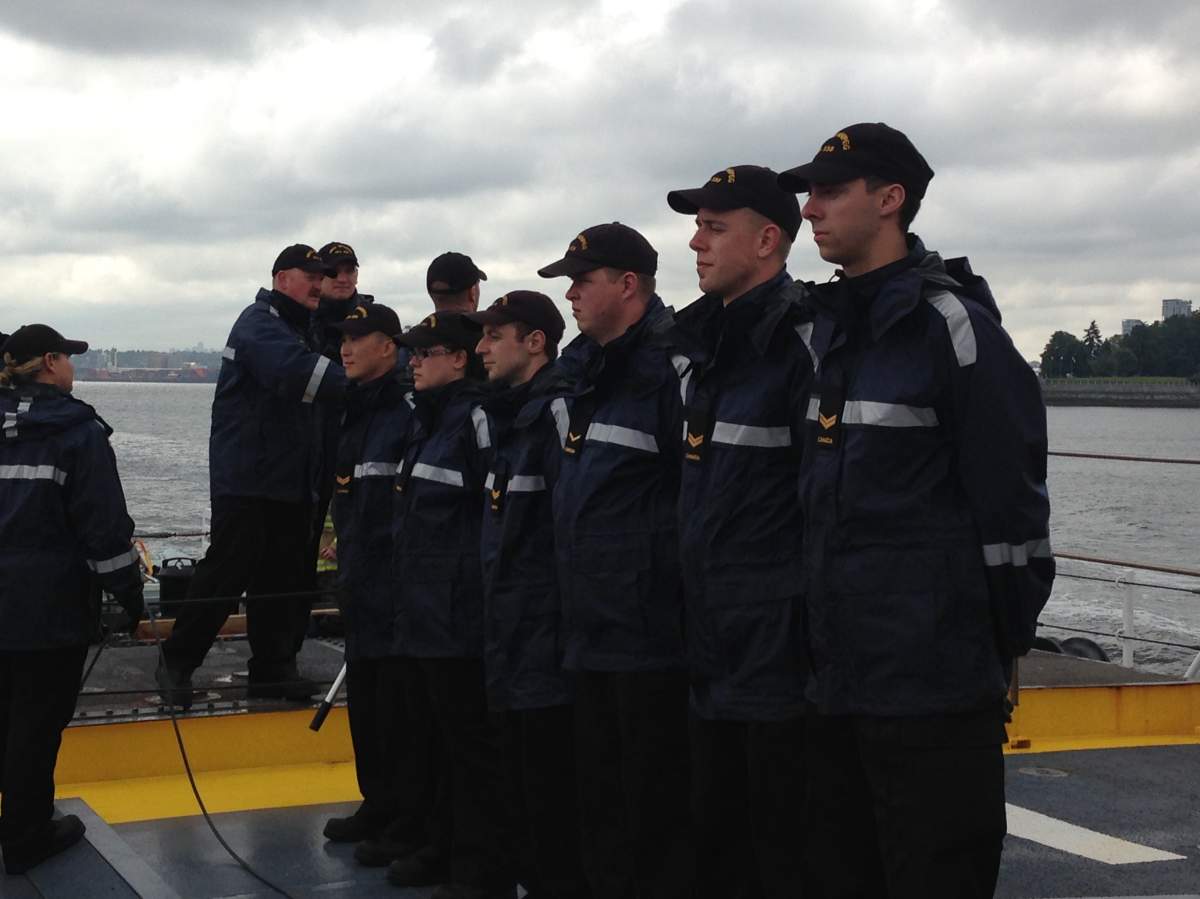

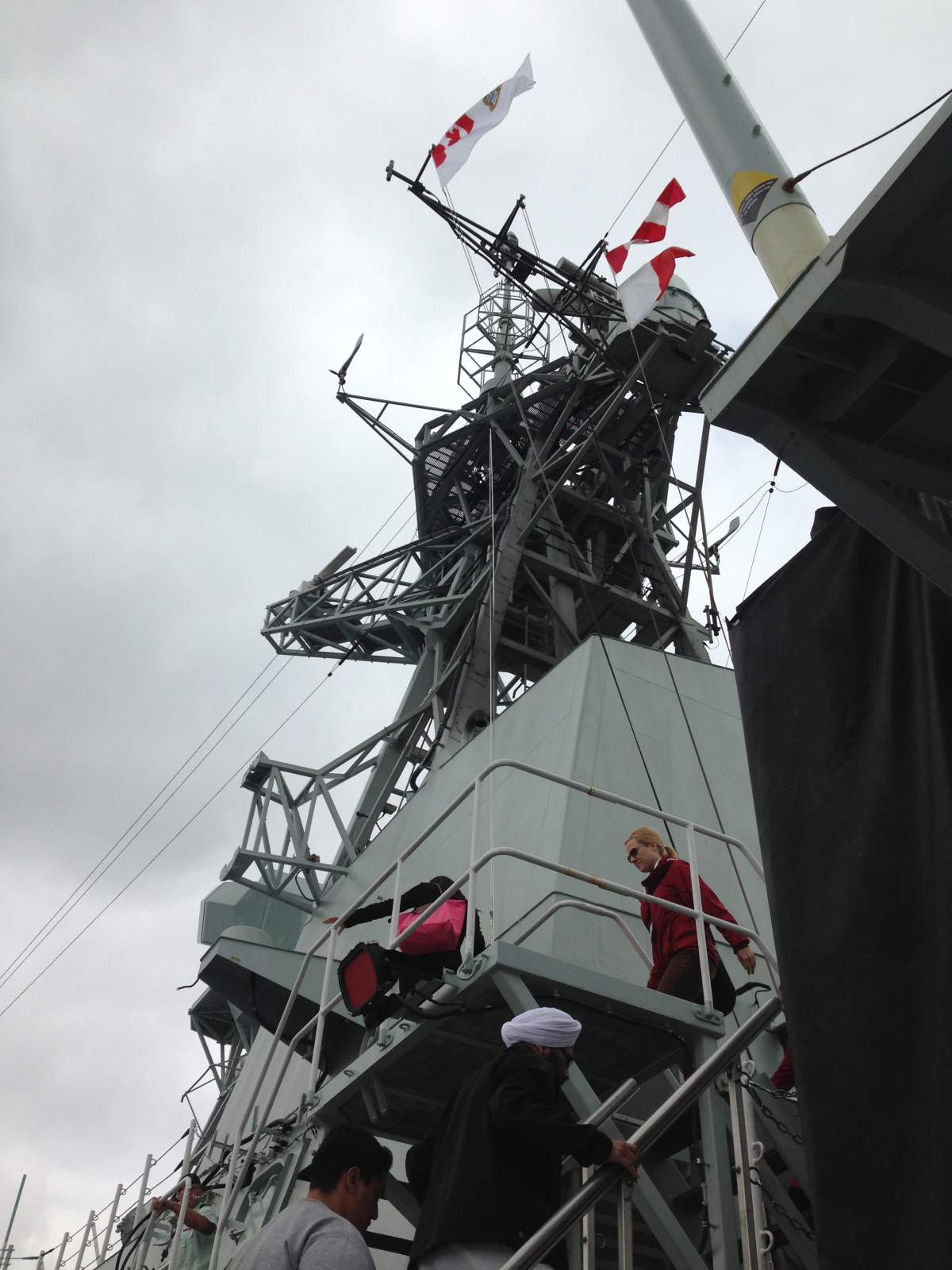

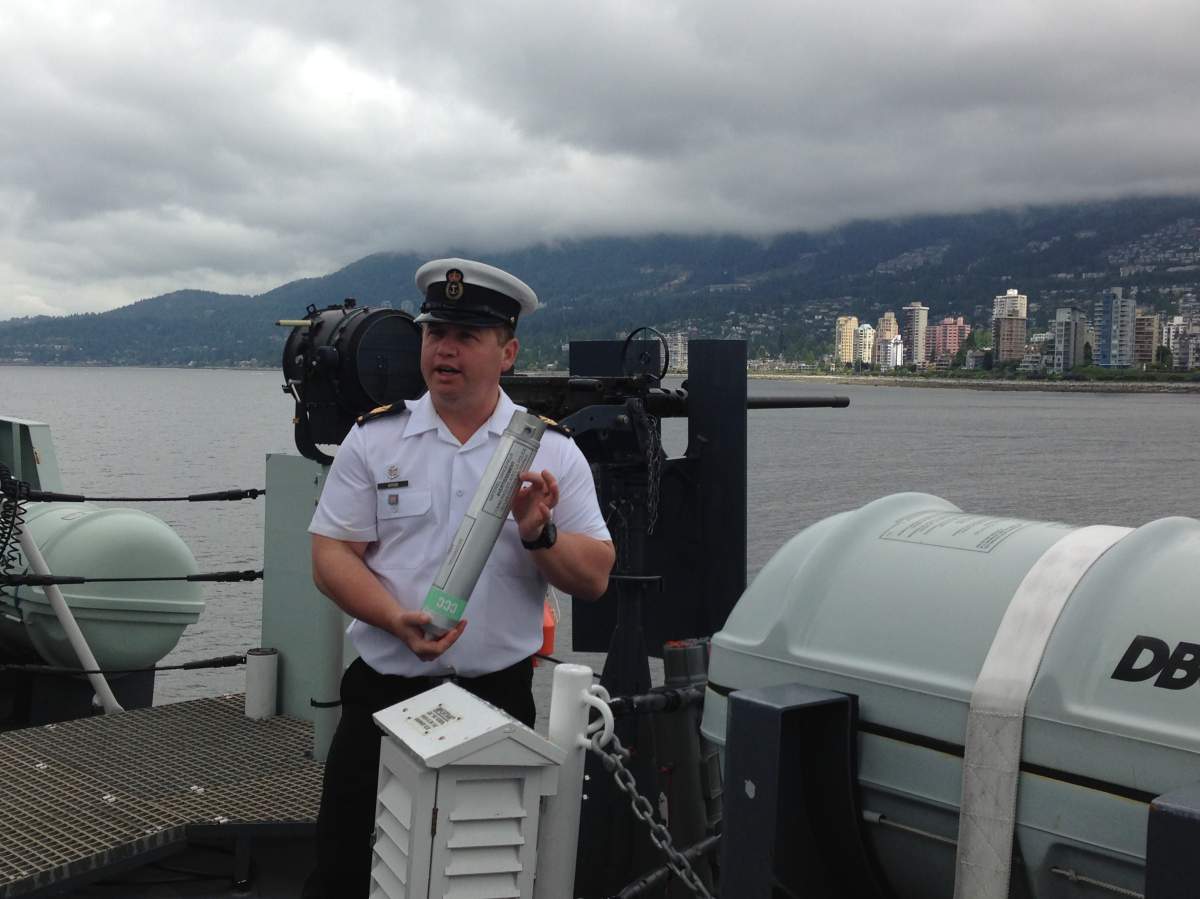

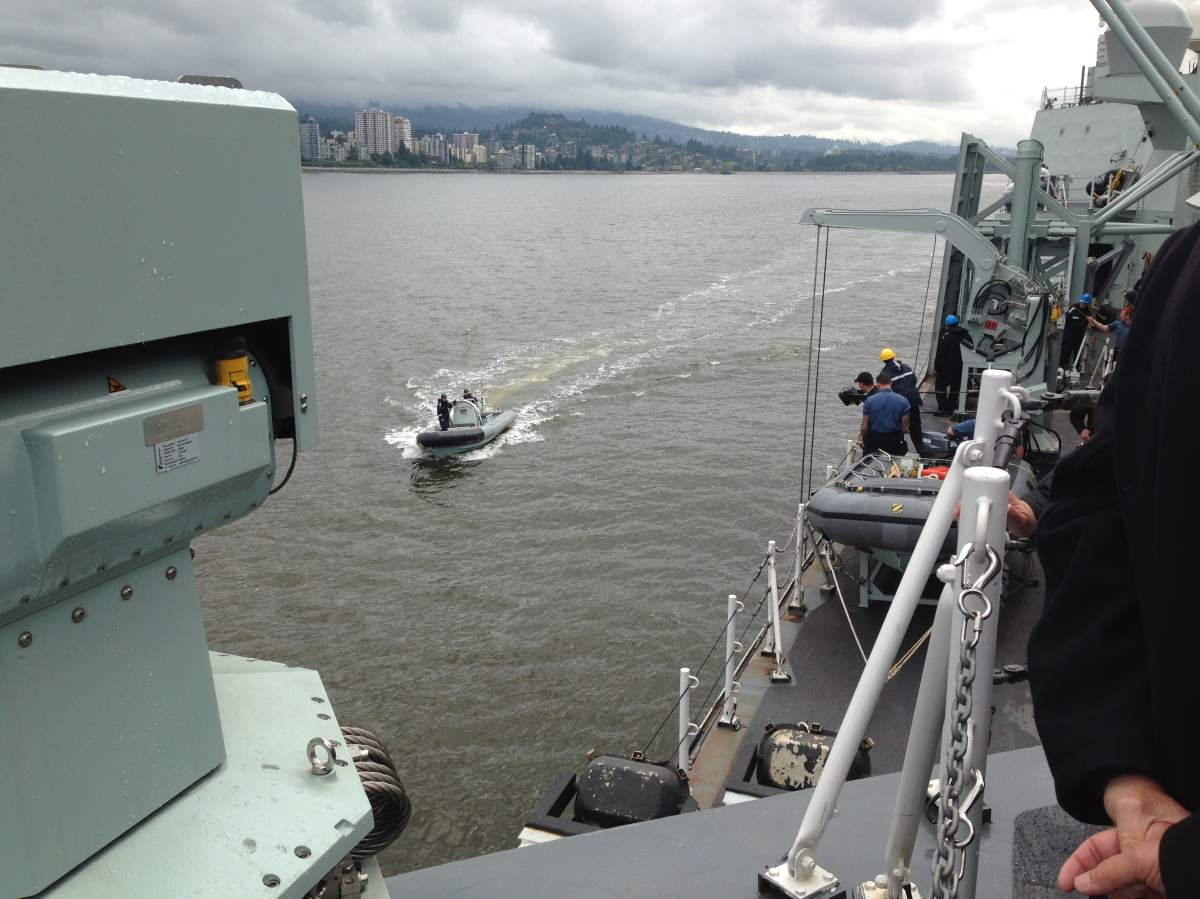

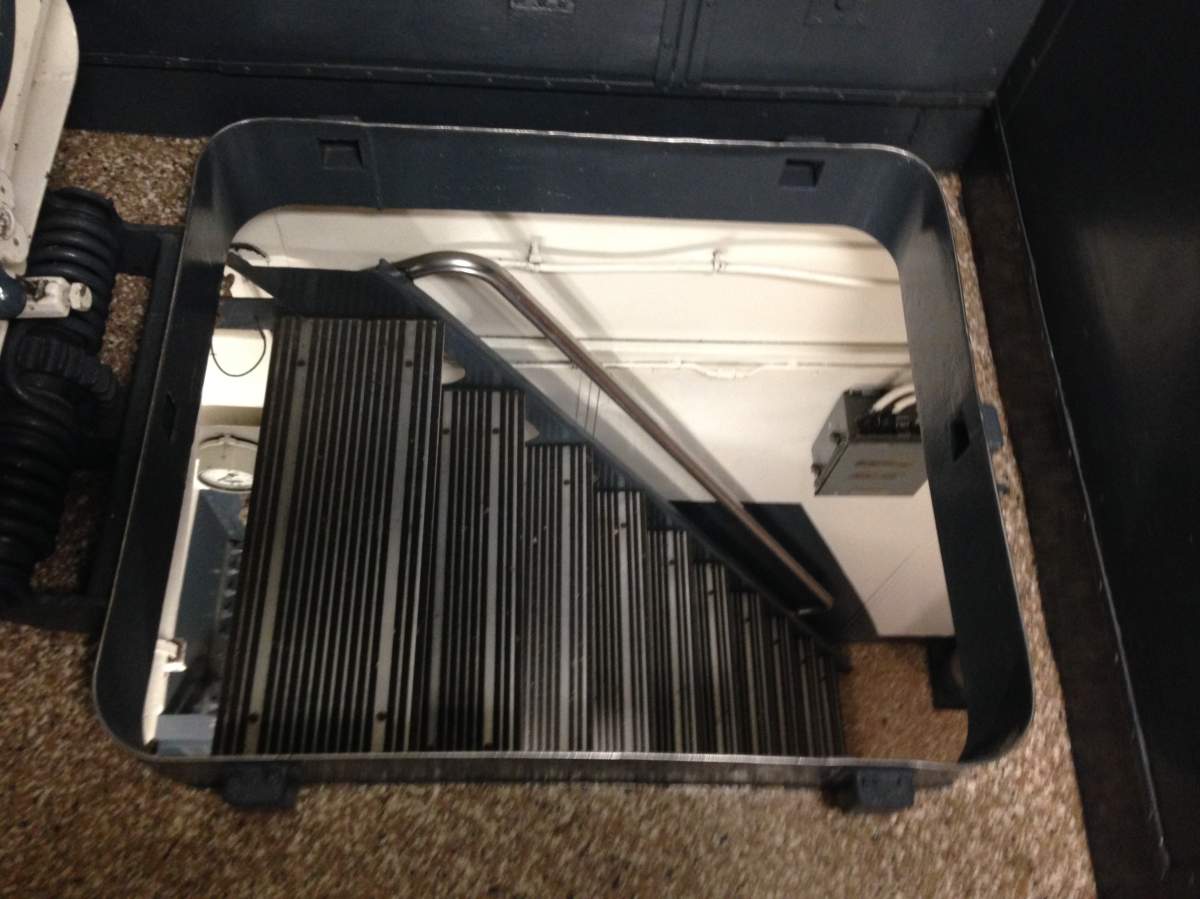

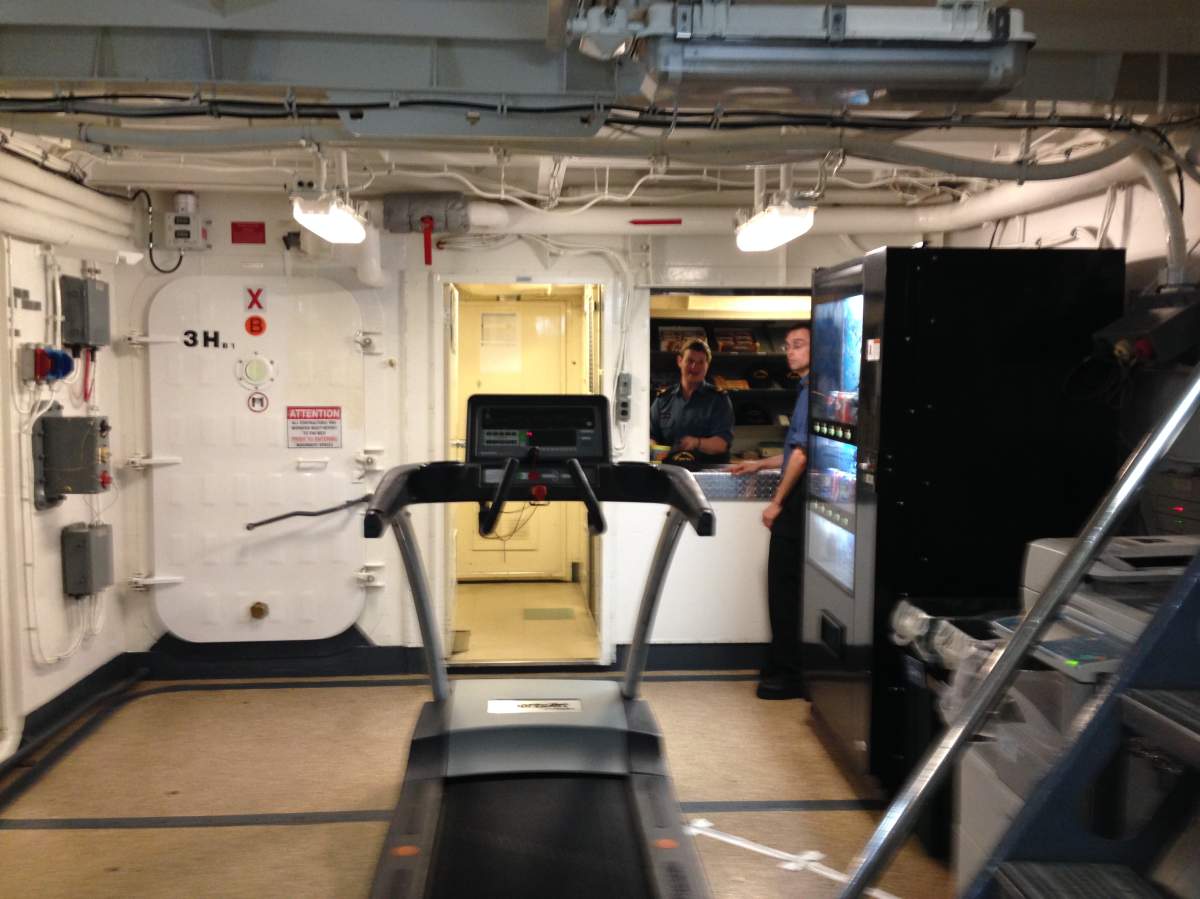

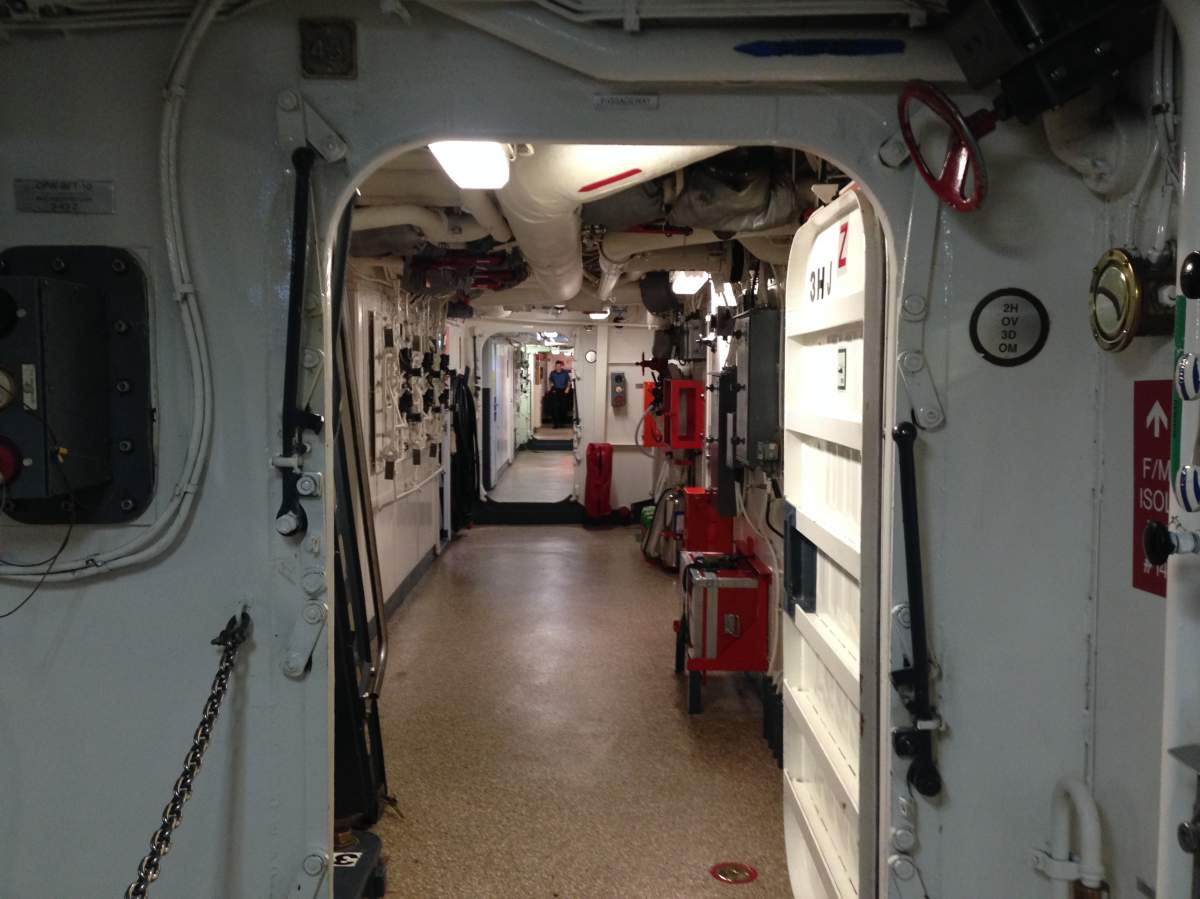

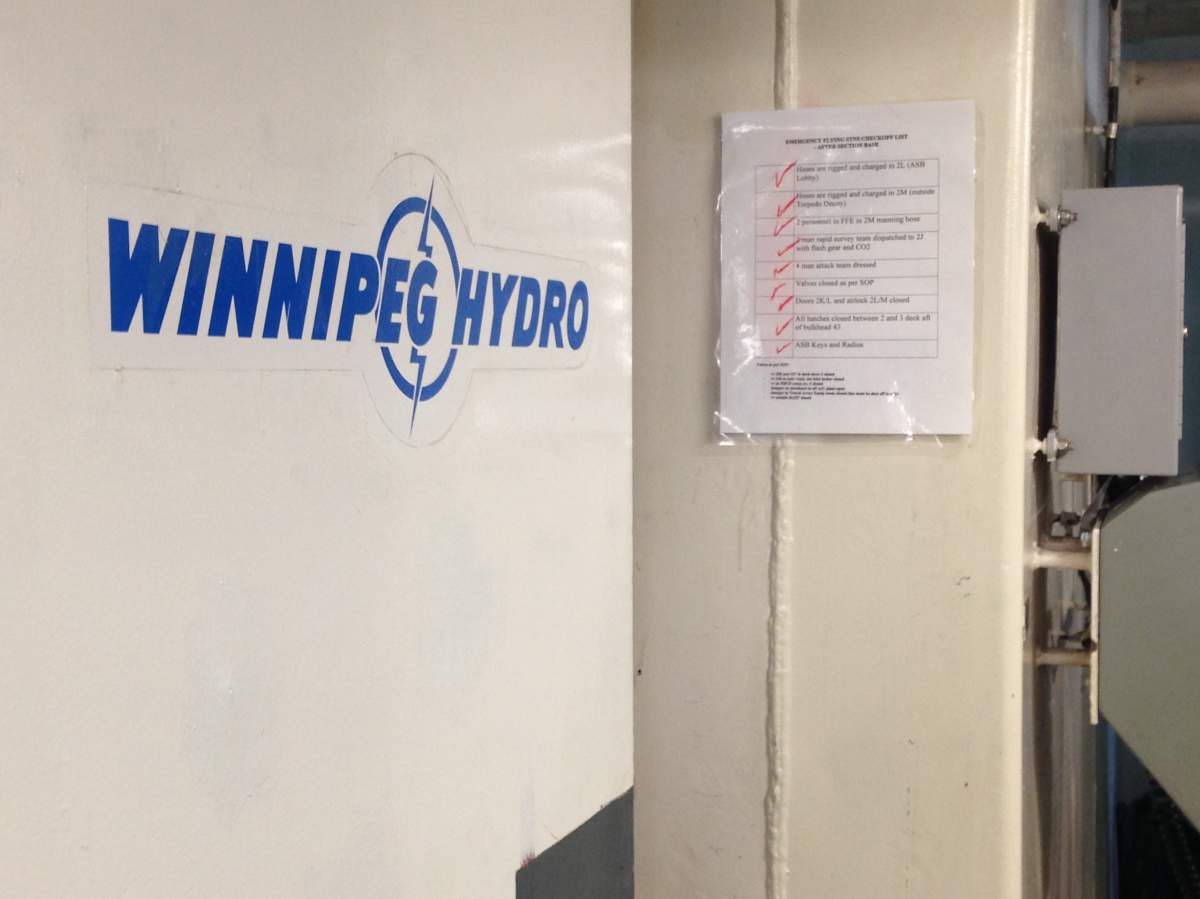

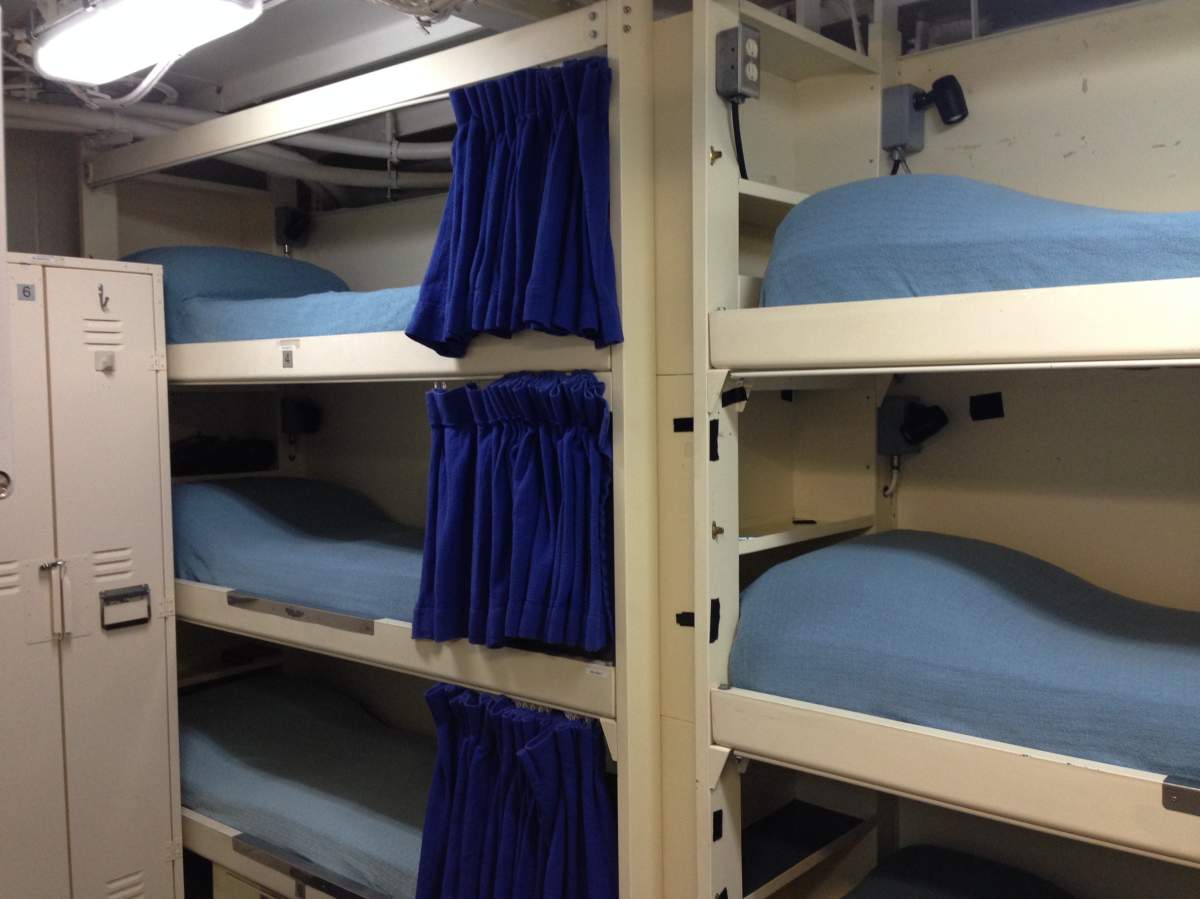

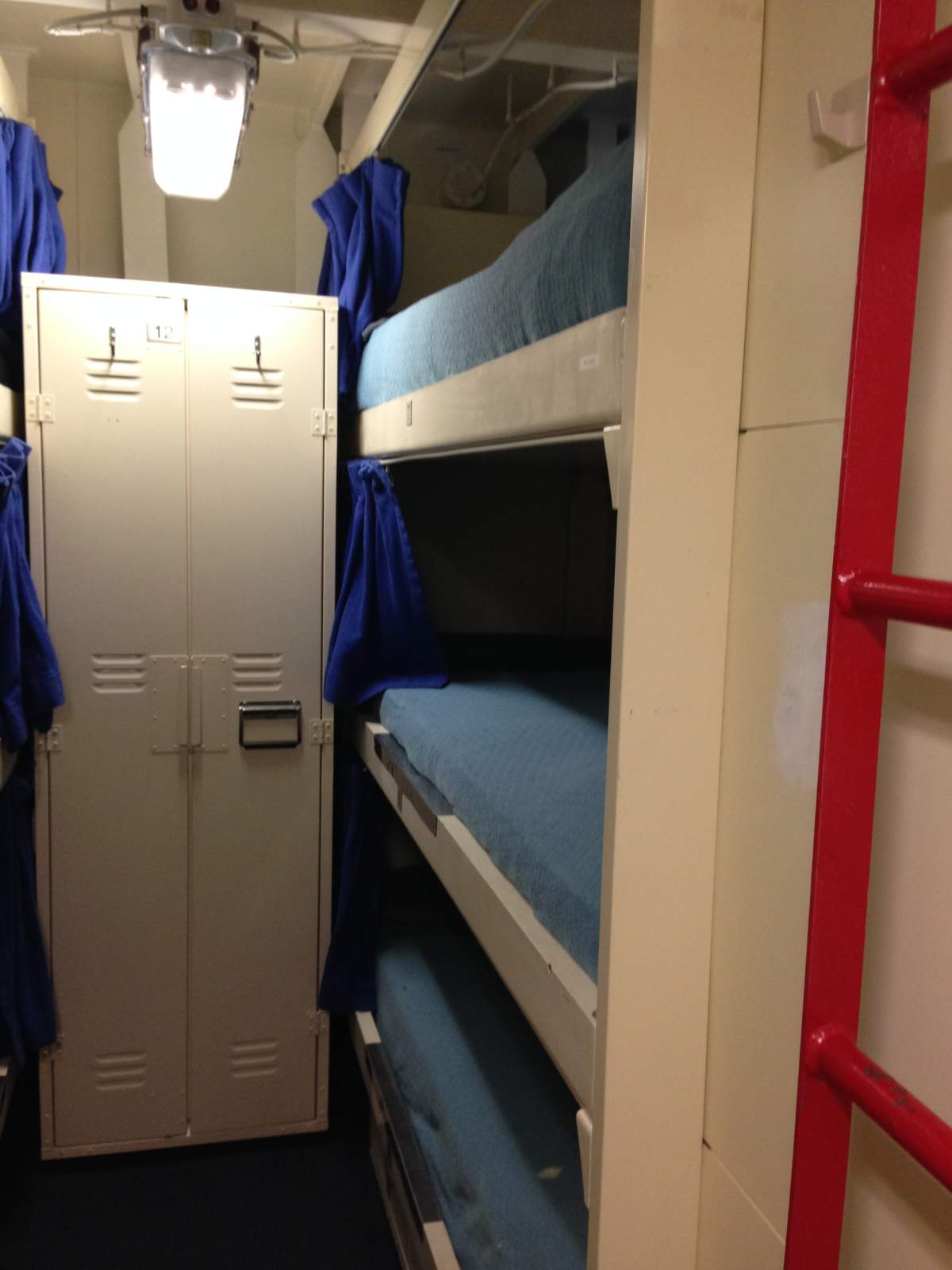

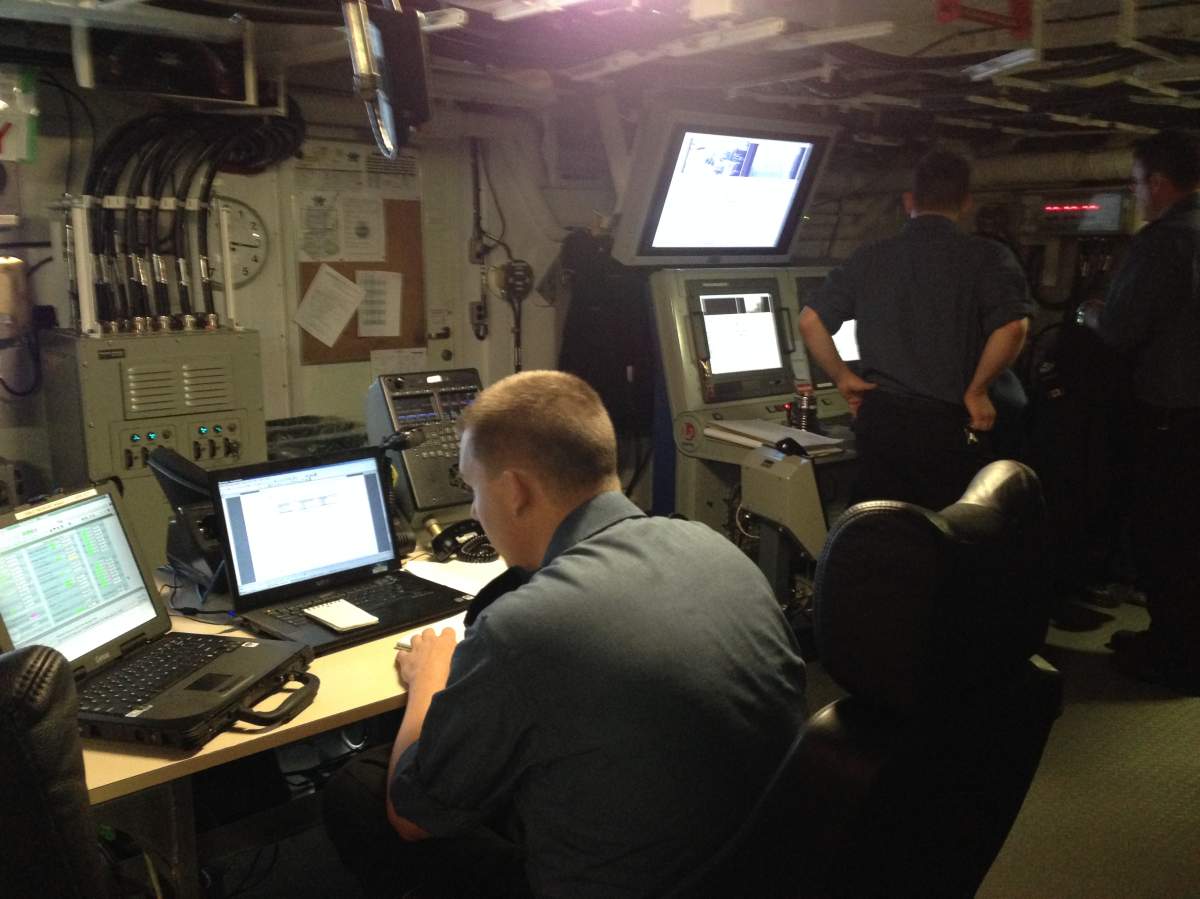

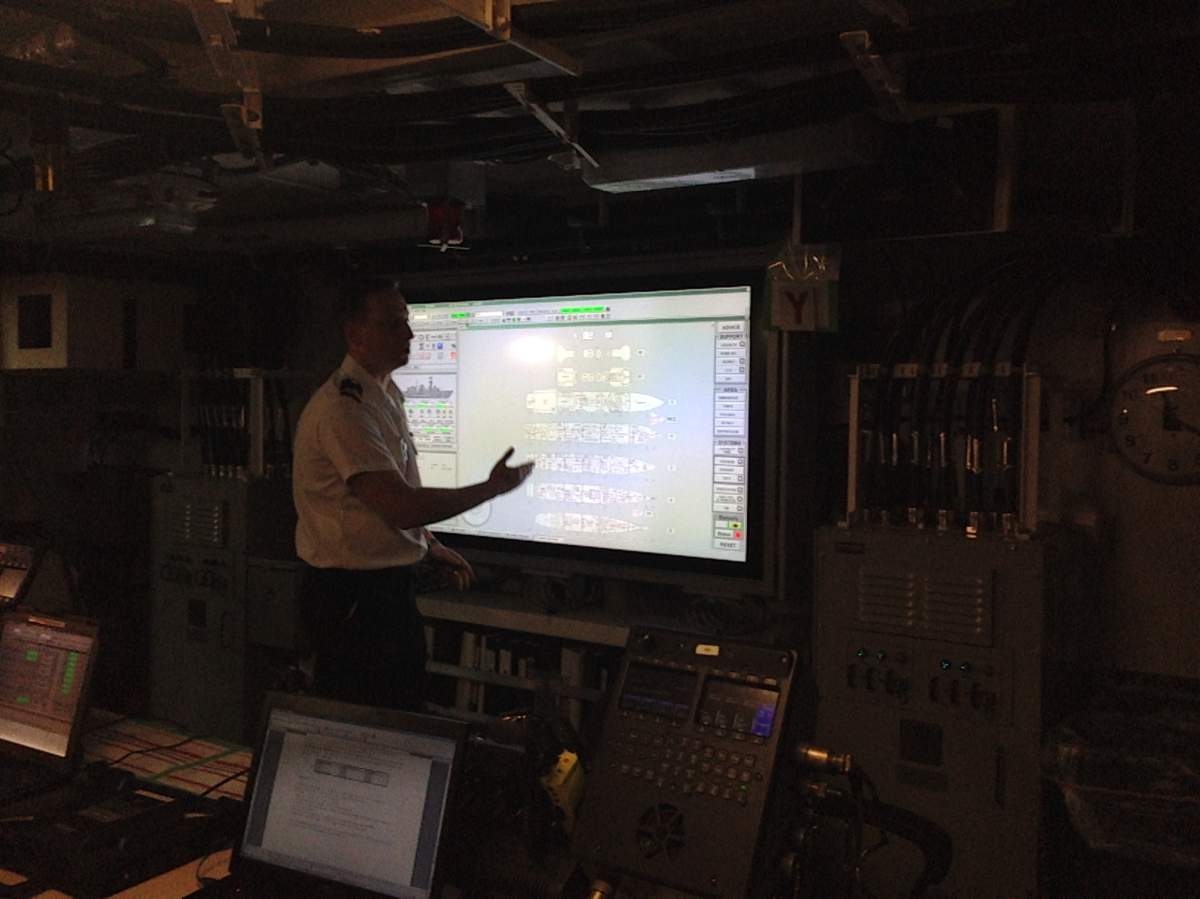

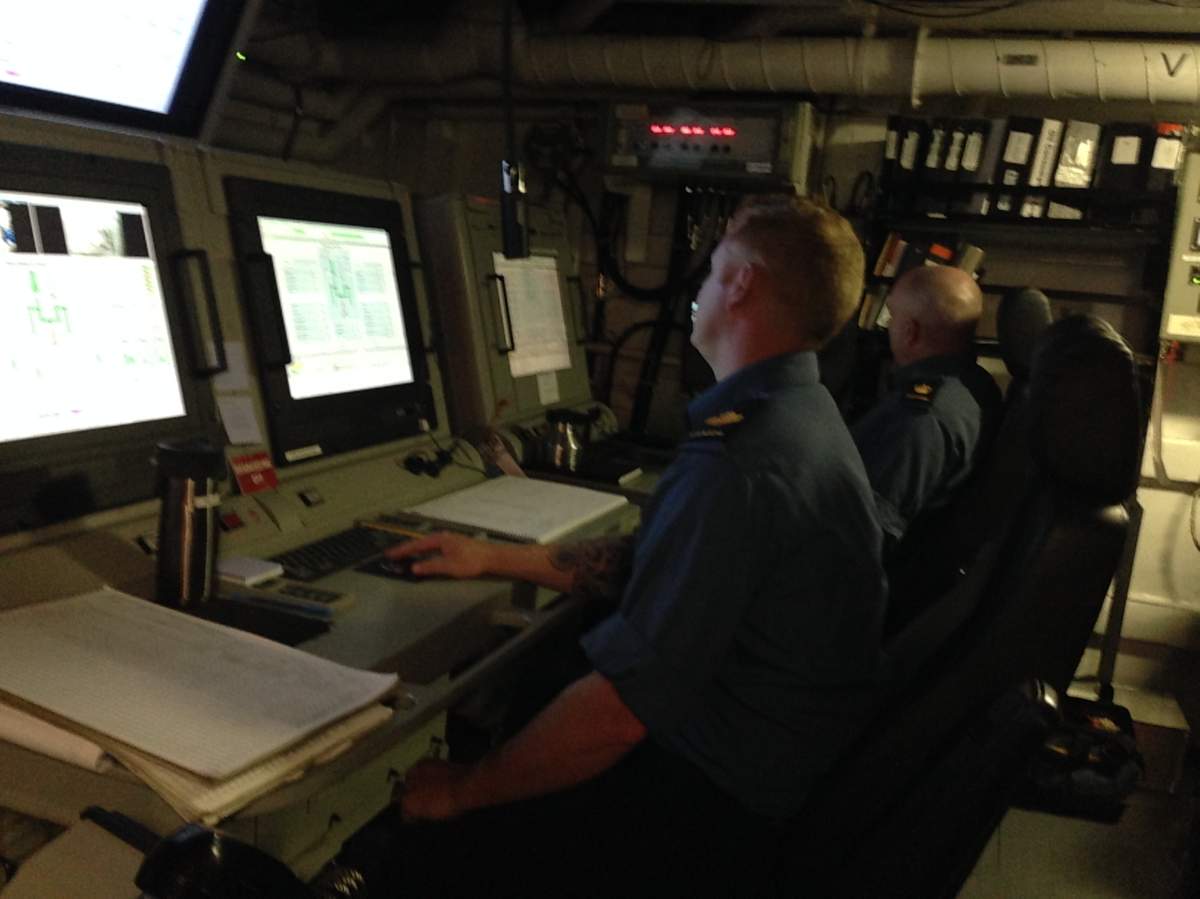

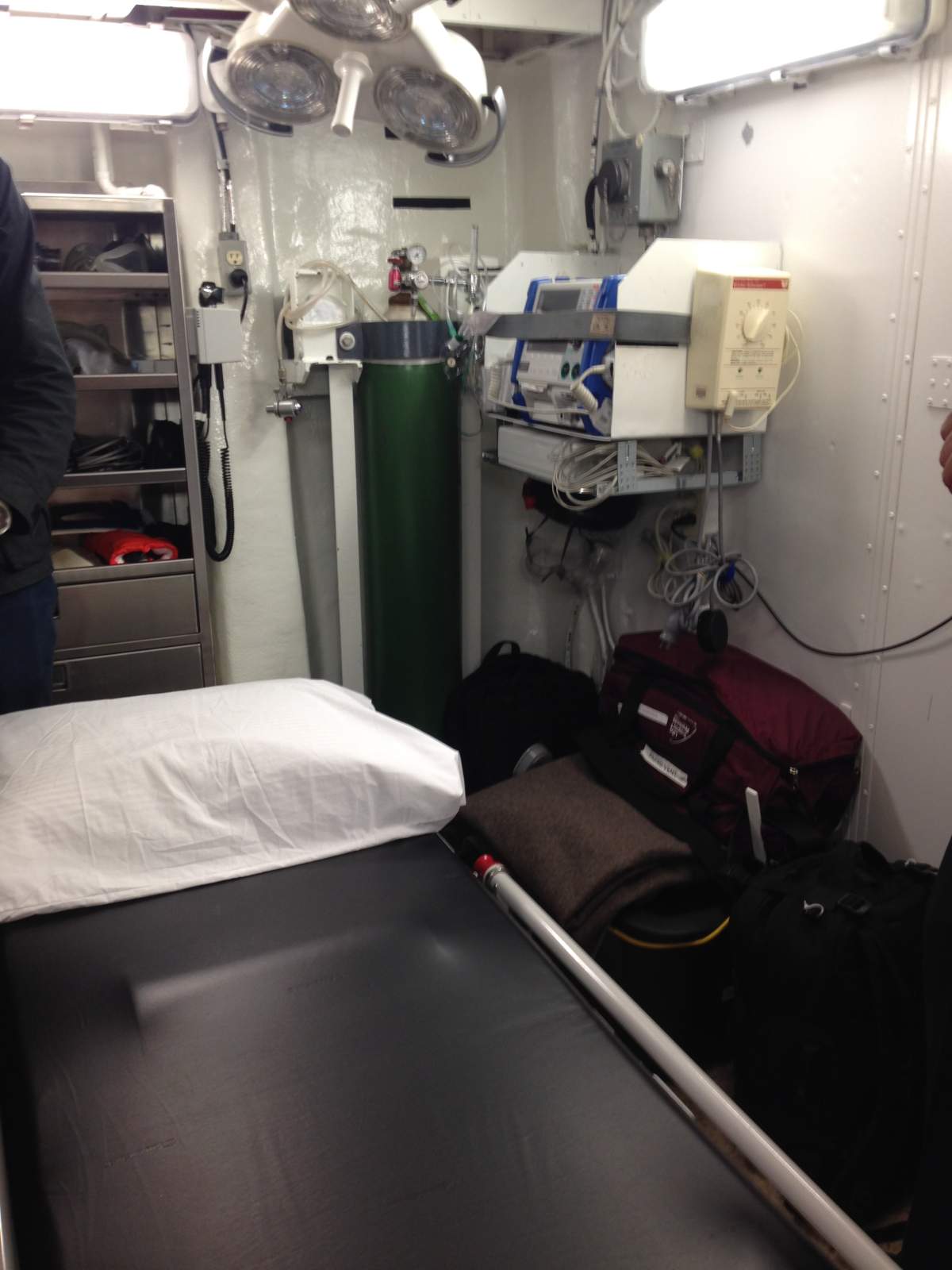

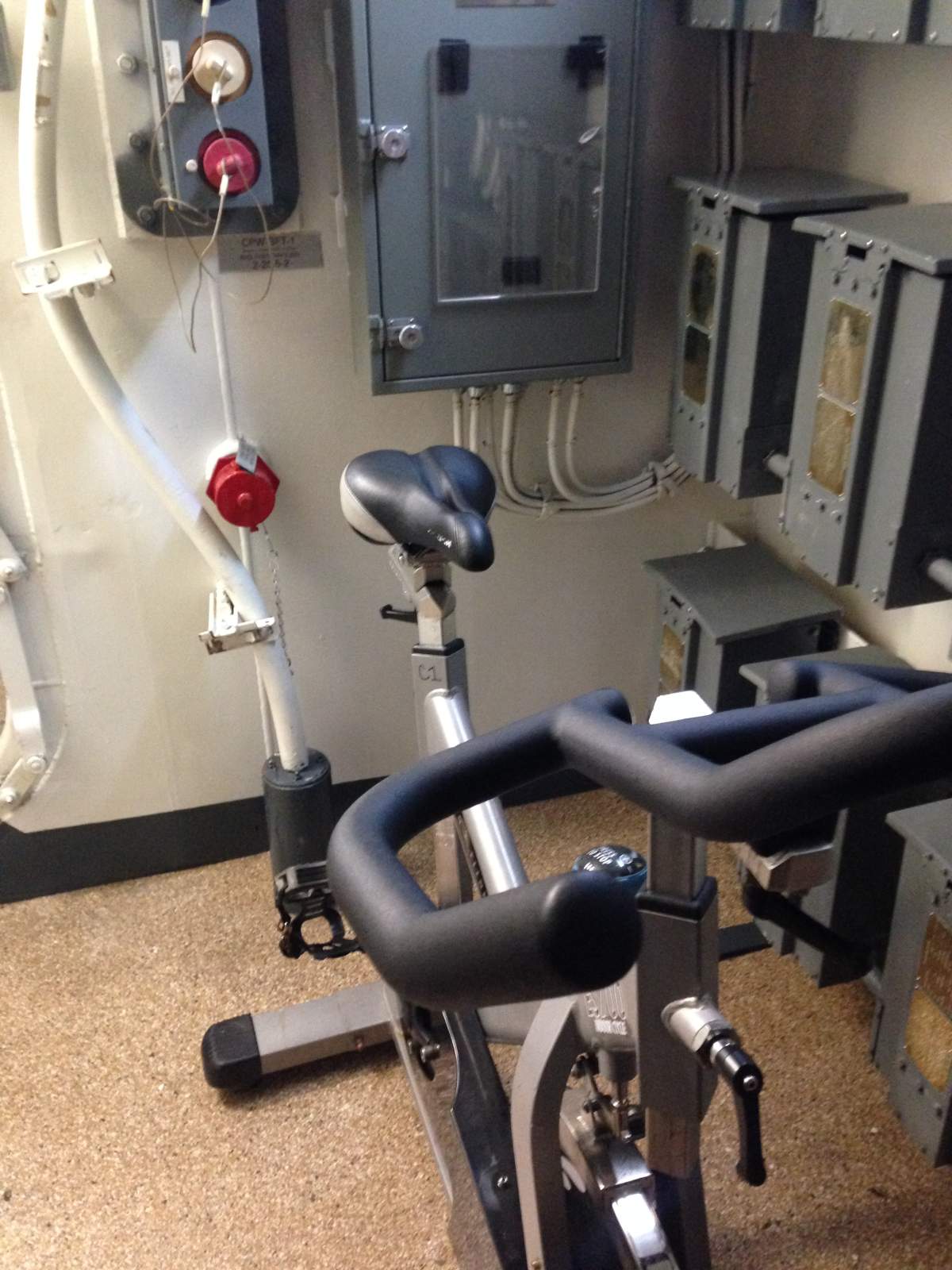



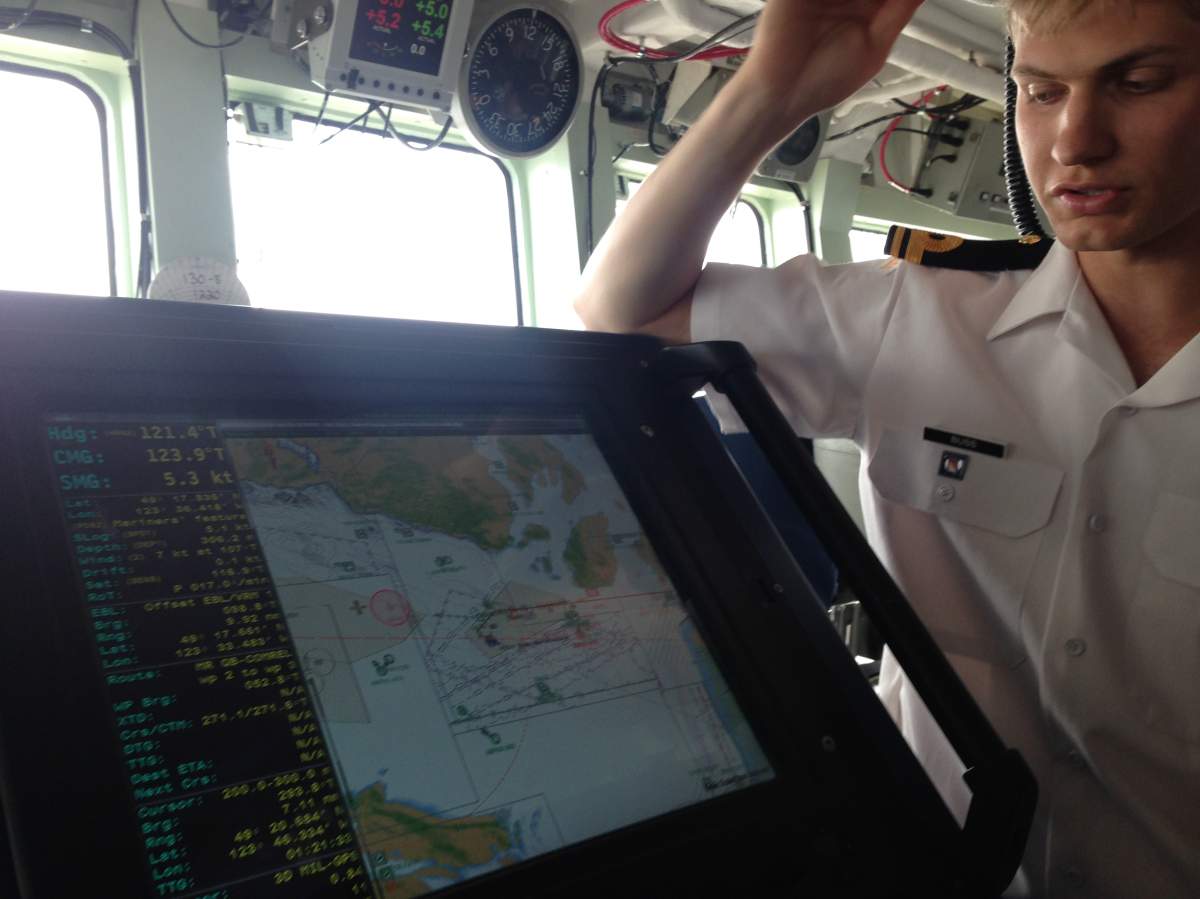

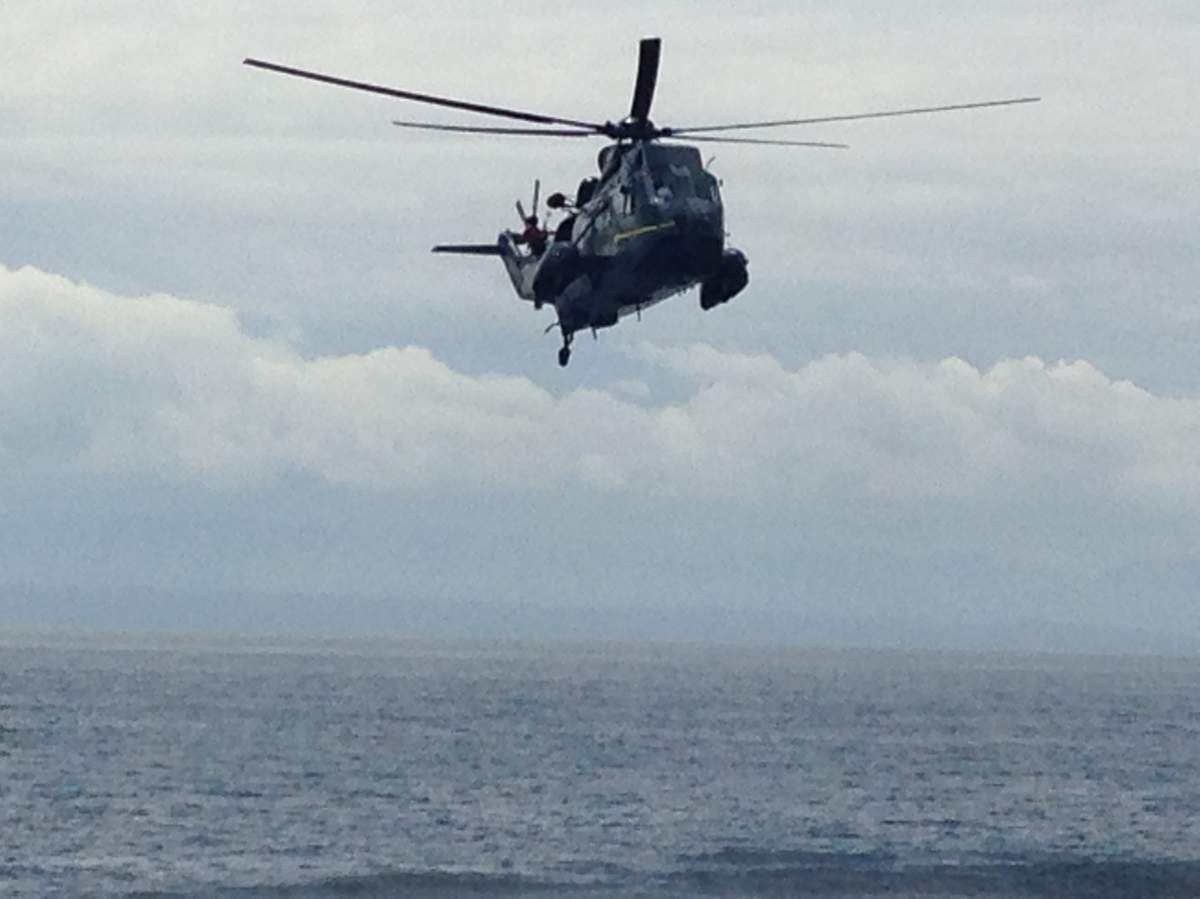

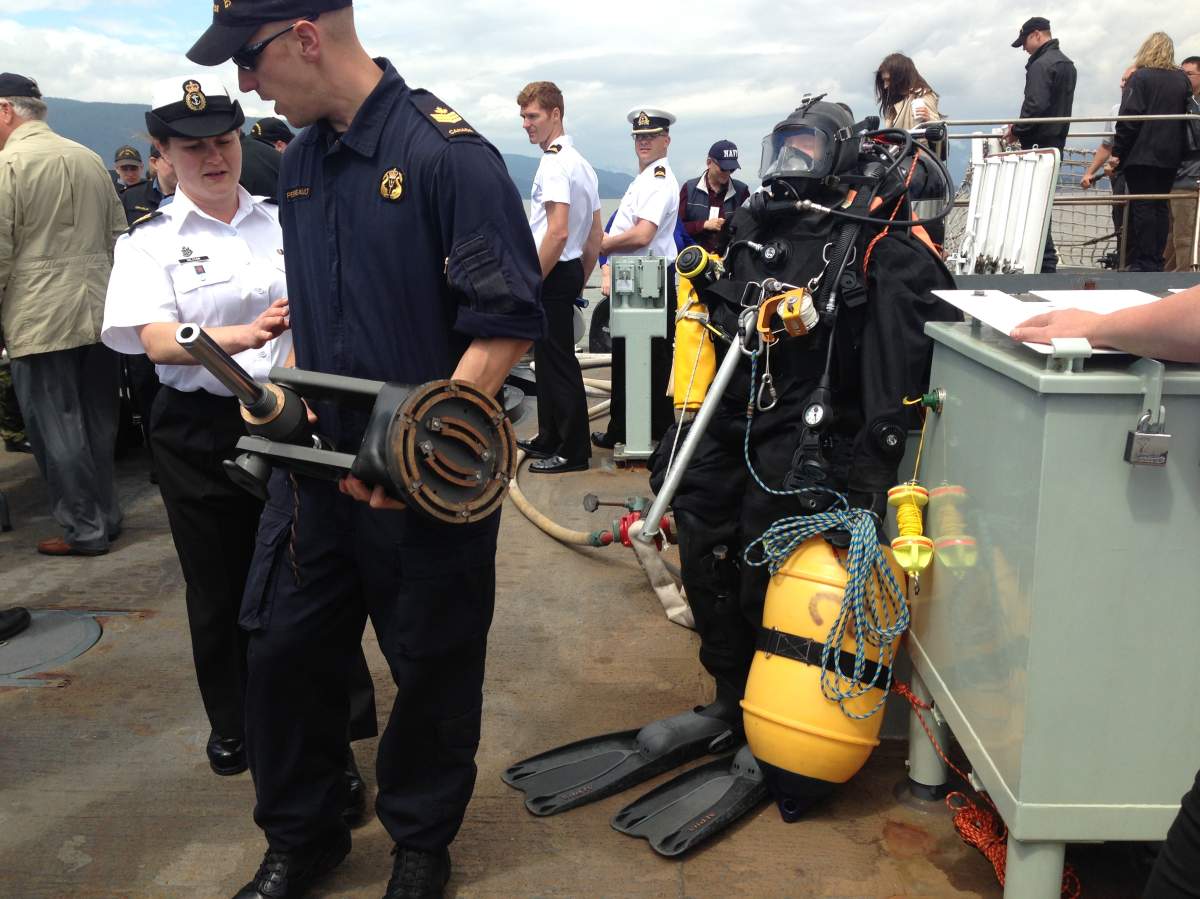

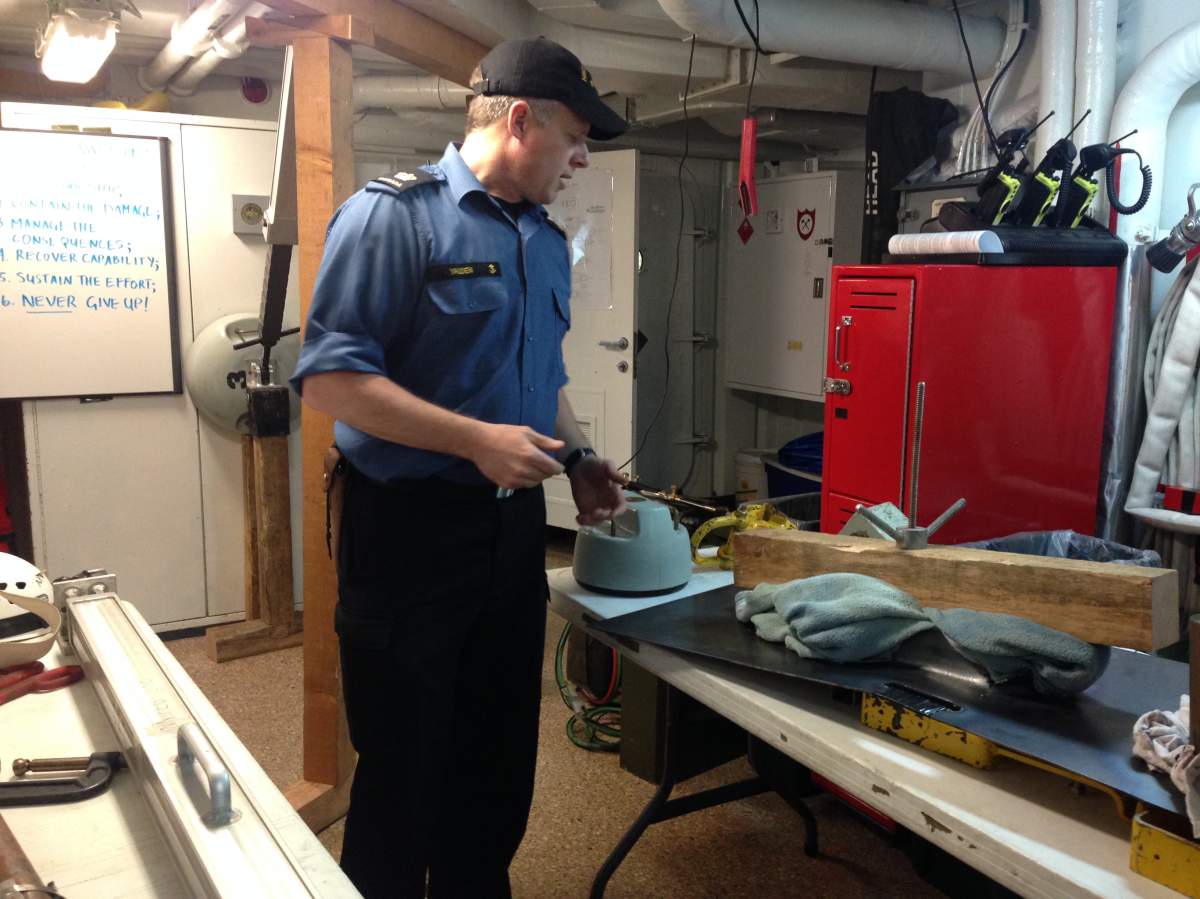

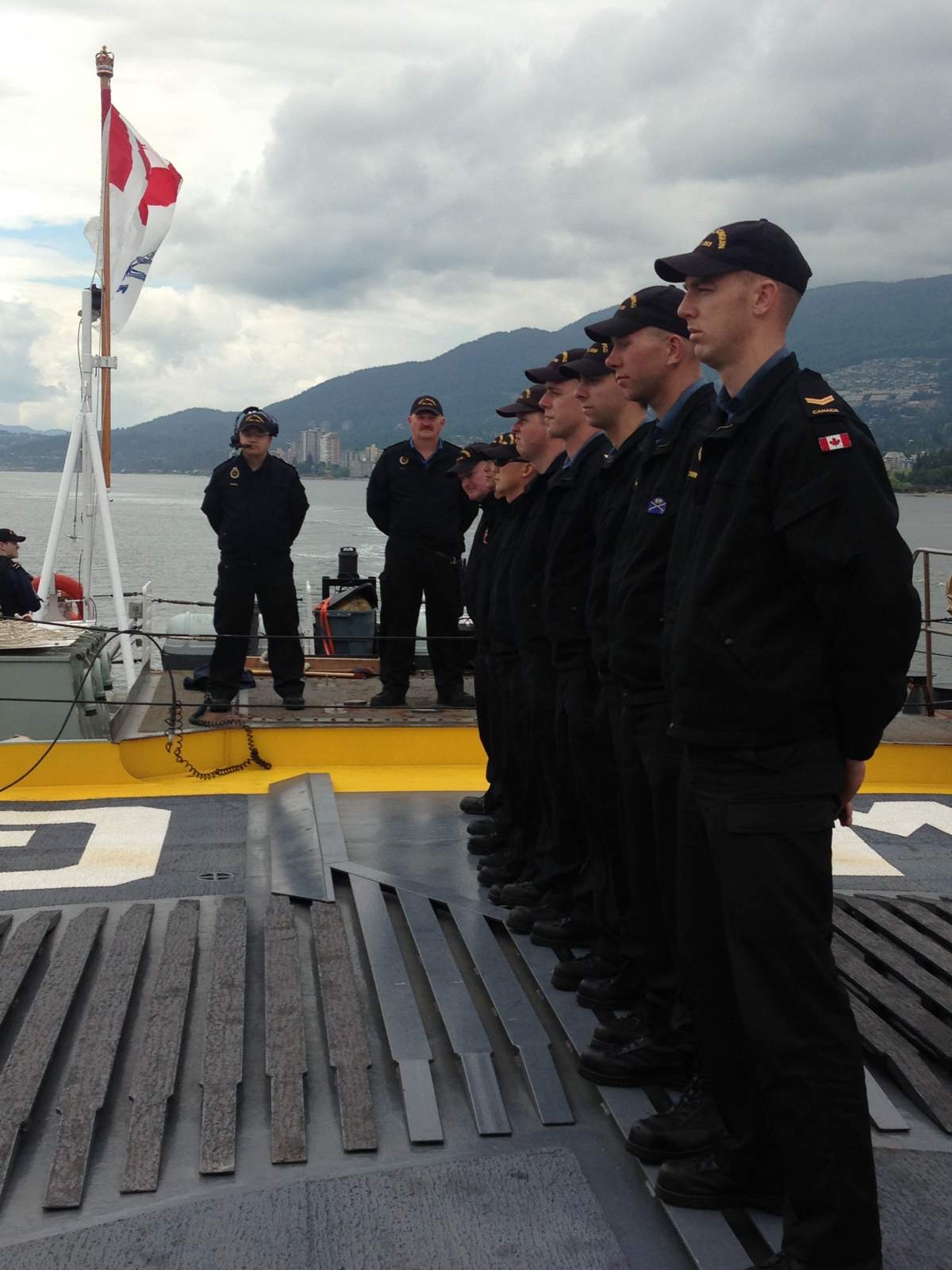

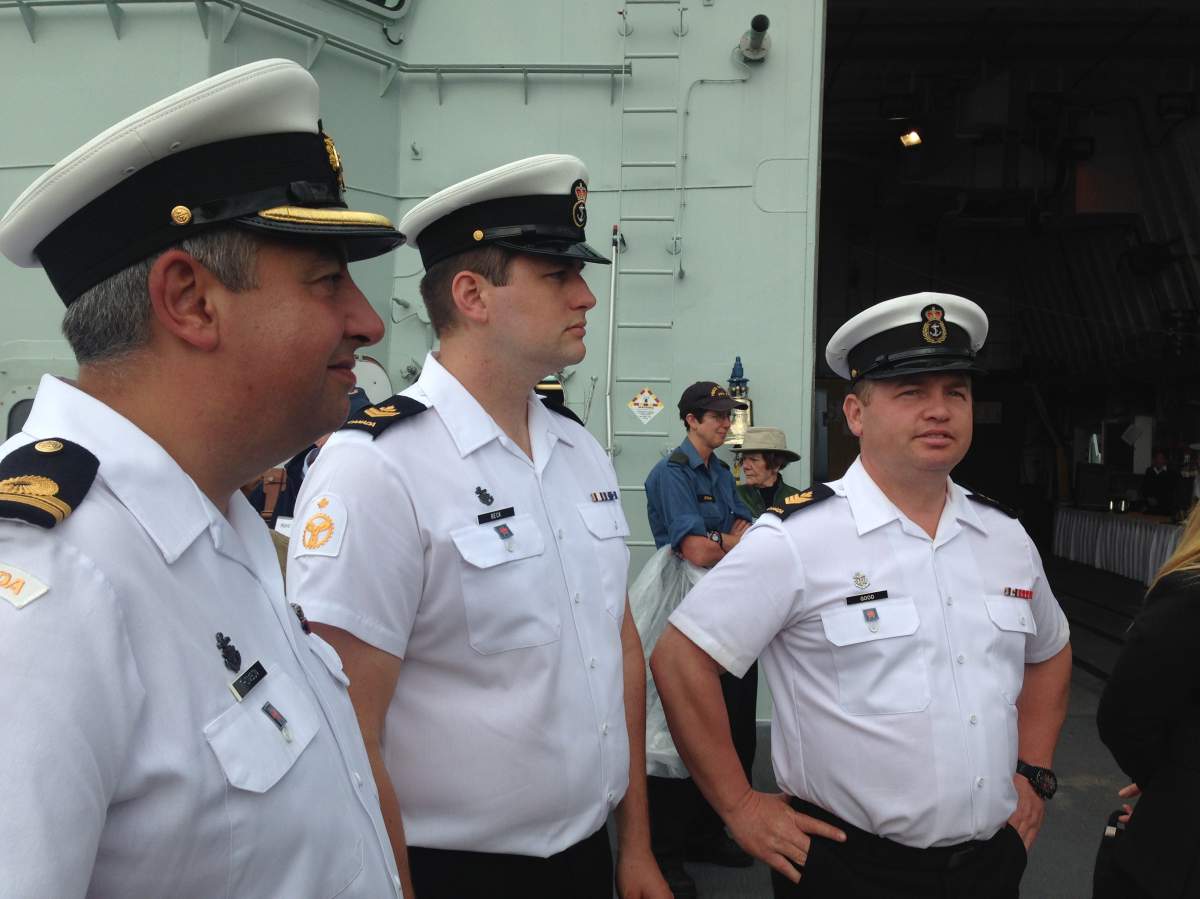

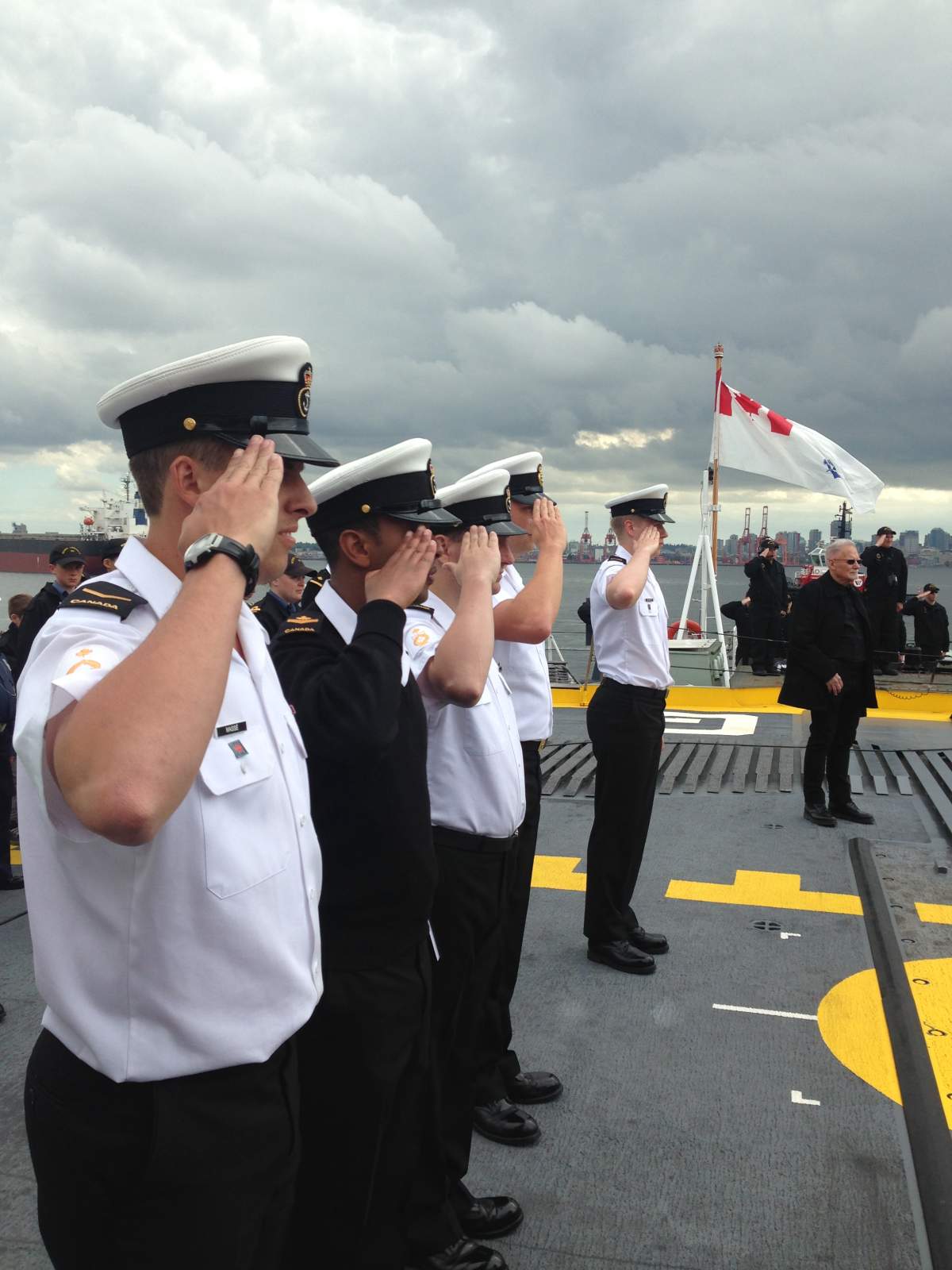

Comments
Want to discuss? Please read our Commenting Policy first.